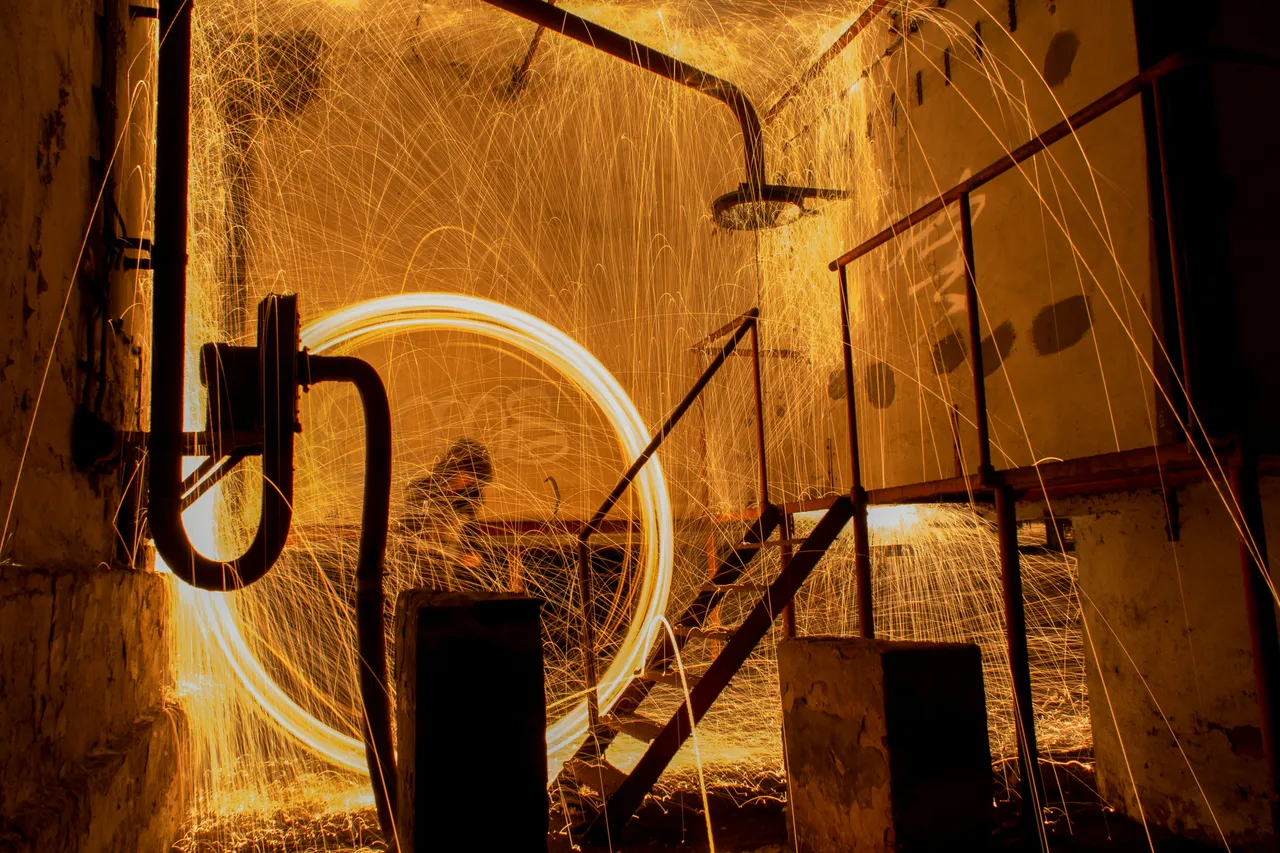The Future of Industrial Automation: Trends and Predictions

Exploring the future of industrial automation reveals a landscape of innovation and transformation. This article delves into key trends and predictions shaping this dynamic field, offering insights into the advancements poised to redefine industrial operations.
The Rise of Smart Factories
The concept of smart factories is at the forefront of industrial automation. These facilities integrate advanced technologies like the Internet of Things (IoT), artificial intelligence (AI), and robotics to create highly efficient and adaptable manufacturing environments. The ability to monitor and analyze operations in real-time enhances decision-making and significantly reduces downtime. As these technologies continue to evolve, smart factories will become increasingly autonomous, capable of self-optimization and predictive maintenance, leading to unprecedented levels of productivity and efficiency.
The transition to smart factories also emphasizes the importance of cybersecurity. As industrial operations become more connected, the risk of cyber threats grows. Protecting these interconnected systems from potential breaches will be paramount, requiring robust security measures and continuous monitoring to safeguard sensitive data and ensure operational integrity.
The Role of AI and Machine Learning
AI and machine learning are set to revolutionize industrial automation by enabling machines to make data-driven decisions. These technologies can predict equipment failures, optimize production processes, and adapt to changing conditions without human intervention. The application of AI extends to quality control, where it can identify defects with greater accuracy than human operators, significantly improving product quality and reducing waste.
Moreover, AI and machine learning facilitate the development of digital twins—virtual replicas of physical systems that can simulate and analyze operations. Digital twins offer a powerful tool for optimizing system performance, experimenting with new processes, and planning maintenance without disrupting actual production.
Advances in Robotics
Robotics technology is advancing rapidly, with robots becoming more versatile, intelligent, and collaborative. These developments enable robots to perform a wider range of tasks and work alongside human operators safely. Collaborative robots, or cobots, are designed to interact with humans in a shared workspace, enhancing productivity and flexibility in manufacturing processes.
The future will see robots equipped with advanced sensors and AI capabilities, allowing them to understand and adapt to their environment. This adaptability will enable robots to perform complex tasks with precision, from assembling intricate components to navigating dynamic production floors autonomously.
Sustainability and Green Automation
Sustainability is becoming a central focus in industrial automation. Green automation technologies aim to reduce the environmental impact of manufacturing processes through energy efficiency, waste reduction, and the use of renewable resources. Innovations in this area include energy-efficient machines, sustainable materials, and processes that minimize carbon footprints.
As consumer and regulatory pressures for sustainability increase, companies will invest more in green automation. This shift not only benefits the environment but also enhances brand reputation and can lead to significant cost savings, making it a vital trend for the future of industrial automation.
In conclusion, the future of industrial automation is marked by rapid advancements in technology and a shift towards sustainability. As smart factories become the norm, and AI, robotics, and green automation technologies evolve, the industrial sector will witness significant transformations, leading to greater efficiency, productivity, and environmental responsibility. The journey towards this future promises to be an exciting one, full of challenges and opportunities for innovation.
This article was developed using available sources and analyses through an automated process. We strive to provide accurate information, but it might contain mistakes. If you have any feedback, we'll gladly take it into account! Learn more